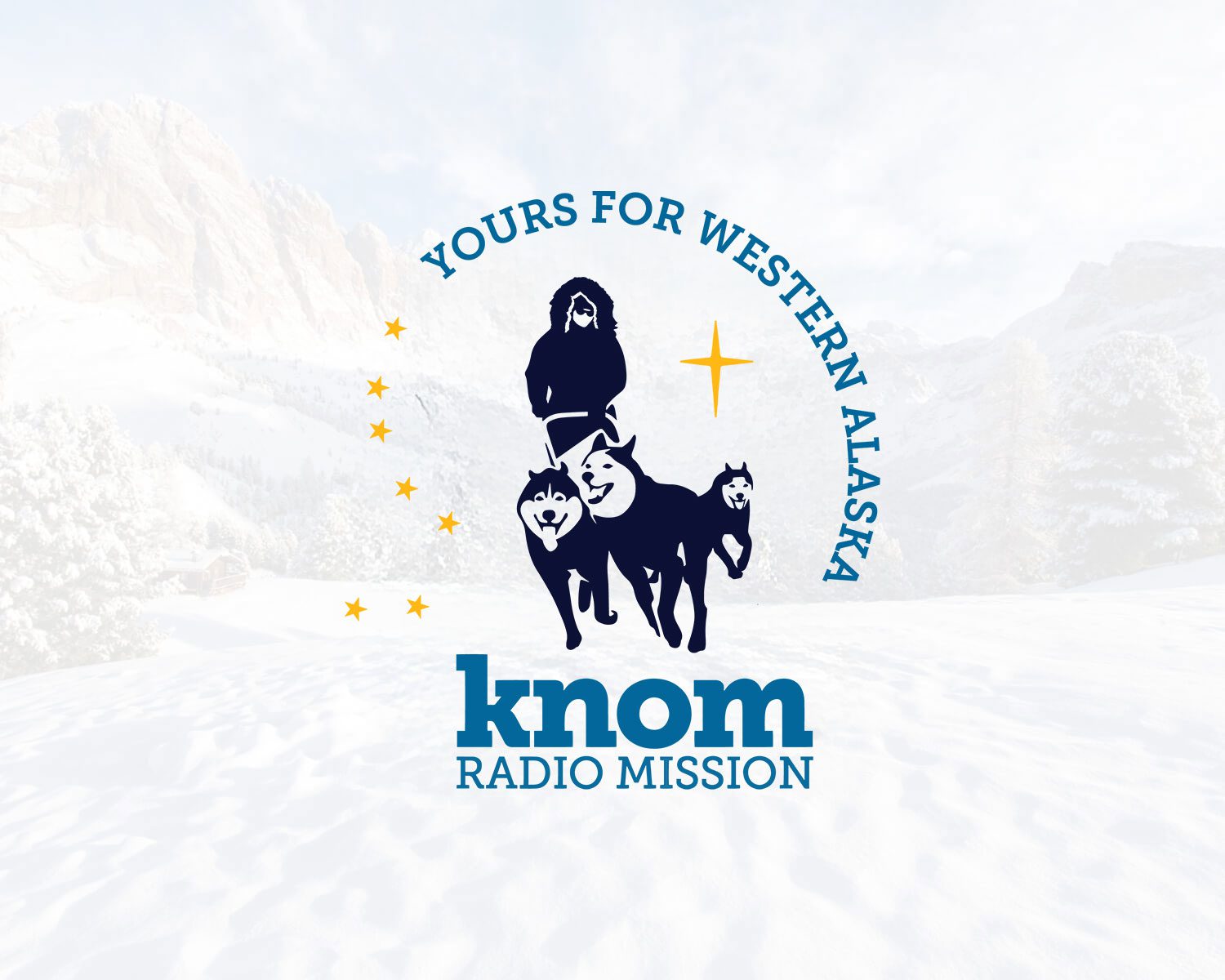“I’m too old for this crap,” Chuck Schaeffer says.
“I’m tired, I’m cold, and I’m old,” he clarifies amid full-throated laughter. At the Ruby checkpoint, with KNOM’s Matthew Smith, Schaeffer’s laughs make his appraisal of his Iditarod run seem more self-deprecating than grim.
For the 60-year-old musher from Kotzebue, the 2015 trip down the Yukon has been “a good run” in places — “excellent,” even — but windy and “nasty” in others.
At times, it’s been “a hard trail for the dogs,” partly because his team has been working through health issues, specifically diarrhea. But, their gastrointestinal issues are temporary.
“It’ll pass,” Schaeffer says.
Pun intended.
Ultimately, Schaeffer expects his dogs to fare better than their driver. The trail can be “hard on an old body,” but “I gotta get to Nome, so I’ll get there somehow.”

Richie Diehl, meanwhile, says he’s “moving down the trail nicely,” despite a trail that’s sometimes “sugary” and a team with a few dogs in heat.
The timing of his female dogs’ reproductive cycles might be an advantage, however: since they’re his lead dogs, it just makes the male dogs (further back in his team) run faster, Diehl quips with a laugh.
Jokes aside, Diehl was optimistic for the trail ahead while talking with Matt in the Galena checkpoint.
The run up to Huslia and back down to Koyukuk is new — both for Iditarod and for Diehl himself — but it’s “nothing to worry about.”
“I’m sure it’ll be just fine,” he says. “It’s just another trail.”
Sleep, rather than the trail itself, may prove to be a greater challenge.
“I’m definitely a little (more) sleep deprived than I normally would be,” Diehl says. “It’s not that comfortable trying to take a nap at 30 or 40 below… I mean, you try to, but it really doesn’t pan out.”





